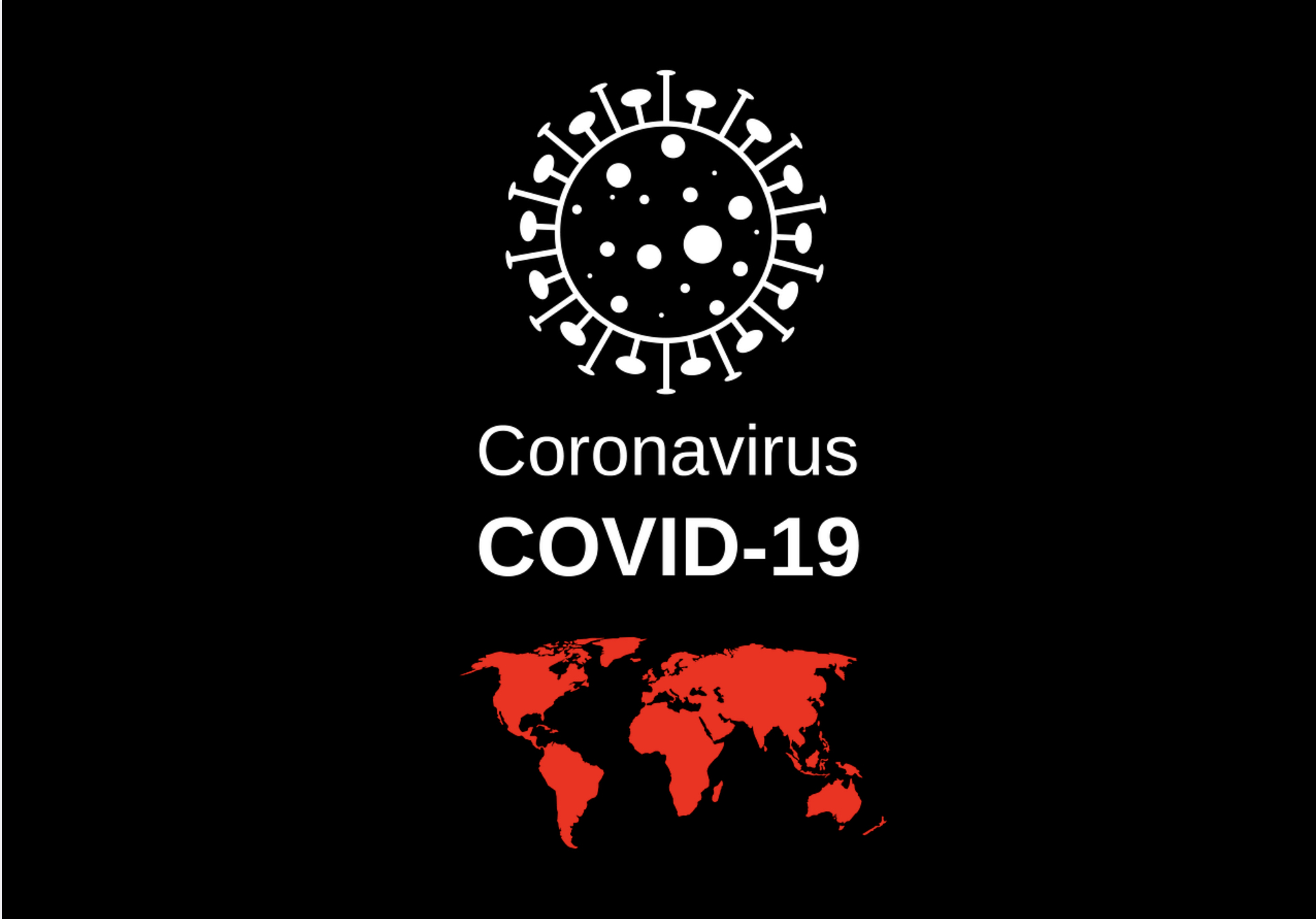(Family Features) Whether you’re rarely sick or have conditions that require frequent visits to the doctor, having a trusted and skilled health care provider is an important step in protecting your health.
Any number of reasons can result in needing to find a new doctor, such as moving to a new community, changes to your insurance, your old doctor retiring or needing a specialist.
These suggestions from the Centers for Medicare & Medicaid Services (CMS) can help you be more efficient and thor
ough as you look for a doctor who is right for you.
Ask for Recommendations

Talk to people you know about whether they have a provider they like. If you’re looking for a new provider because of a move or retirement, ask your current doctor for a recommendation. If you need to make a change with your primary care doctor but see specialists or other medical professionals you like and trust, you can also request referrals from them.
Check with Your Insurance Company
If you have health insurance, you may need to choose from a list of doctors in your plan’s network. Some insurance plans may let you choose a doctor outside your network if you pay more of the cost.
To find a doctor who takes your insurance, call your insurance company and ask for a list of doctors near you who
are in-network or use the insurance company’s website to search for a doctor. It’s also a good idea to call the doctor’s office and ask for confirmation they take your plan. You should have your insurance, Medicare or Medicaid card handy in case the office needs your plan details.
Narrow Your Options
Some of the providers you consider may not be viable options for simple reasons, like their practice isn’t currently taking new patients or they don’t have office hours matching your schedule. You can also consider questions such as hospital affiliations and whether other providers can help if you need emergency care and your doctor isn’t available.
Take a Deeper Look
Online research can tell you a great deal about potential doctors, from biographical information and credentials to ratings by former patients.
When searching for a new provider, another important area to consider is financial relationships. One resource patients can consider is Open Payments, a national disclosure program within CMS that provides visibility into financial relations
hips between drug and medical device companies and physicians, and teaching hospitals. The government requires pharmaceutical companies, device manufacturers and group purchasing organizations to report funds they give health care providers in the form
of meals, entertainment, travel, gifts, consulting fees, research payments and more, promoting transparency and helping uncover potential conflicts of interest.
It’s important to know most health care providers receive payments. Just because financial ties are reported does not mean anyone has done anything wrong. However, patients can use the information to talk with their provider about why they recommend certain medications or treatments, including asking about generic options, which are equally as effective as name brands but typically less expensive. It’s also an opportunity to start a discussion with a provider about areas of professional interest and expertise based on research or consulting.
Listen to Your Gut
If you’re undecided, request an introductory appointment with a provider you’re considering. Look for a clinic where you are treated with respect and the medical team listens to your opinions and concerns. You should feel comfortable asking questions, and the doctor needs to be able to explain things in ways you understand.
Find more resources for your health care needs at cms.gov.
Photo courtesy of Getty Images












